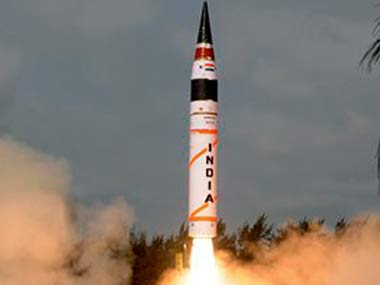There will be more demonstrations this weekend in Russia, following protests last week that were the largest in five years. As details emerge about the demonstrations and their organizers, a new picture of Russian discontent is materializing. Unsurprisingly, the Kremlin is choosing to respond with crackdowns rather than by addressing the underlying issues causing the dissent.
Last weekend's protests were organized by opposition heavyweight Alexei Navalny, who traveled through half a dozen Russian cities to promote his anti-corruption campaigns against Kremlin elites. But the movement also had a considerable grassroots element: Messages about the event spread to individuals through social media, and many of those promoting the demonstrations online made sure to distance themselves from Navalny and other anti-Kremlin organizations. They said they were interested in the actual issues rather than politics and came out against government corruption, the stagnant Russian economy, rising poverty rates and high food prices.
The number of younger Russians, those in their 20s, taking part in the demonstrations was also notable, since the demographic makeup of previous demonstrations has been notably older. Pro-Kremlin news outlets mocked the young turnout, dubbing the protests a "teenager's rebellion." But privately there is little doubt that the Kremlin is worried about the demographic shift. President Vladimir Putin has been in power for 17 years, most of younger Russians' lives. And he may now have to try to quell dissent from Russians who are too young to remember the chaos and tumult that followed the fall of the Soviet Union.




















